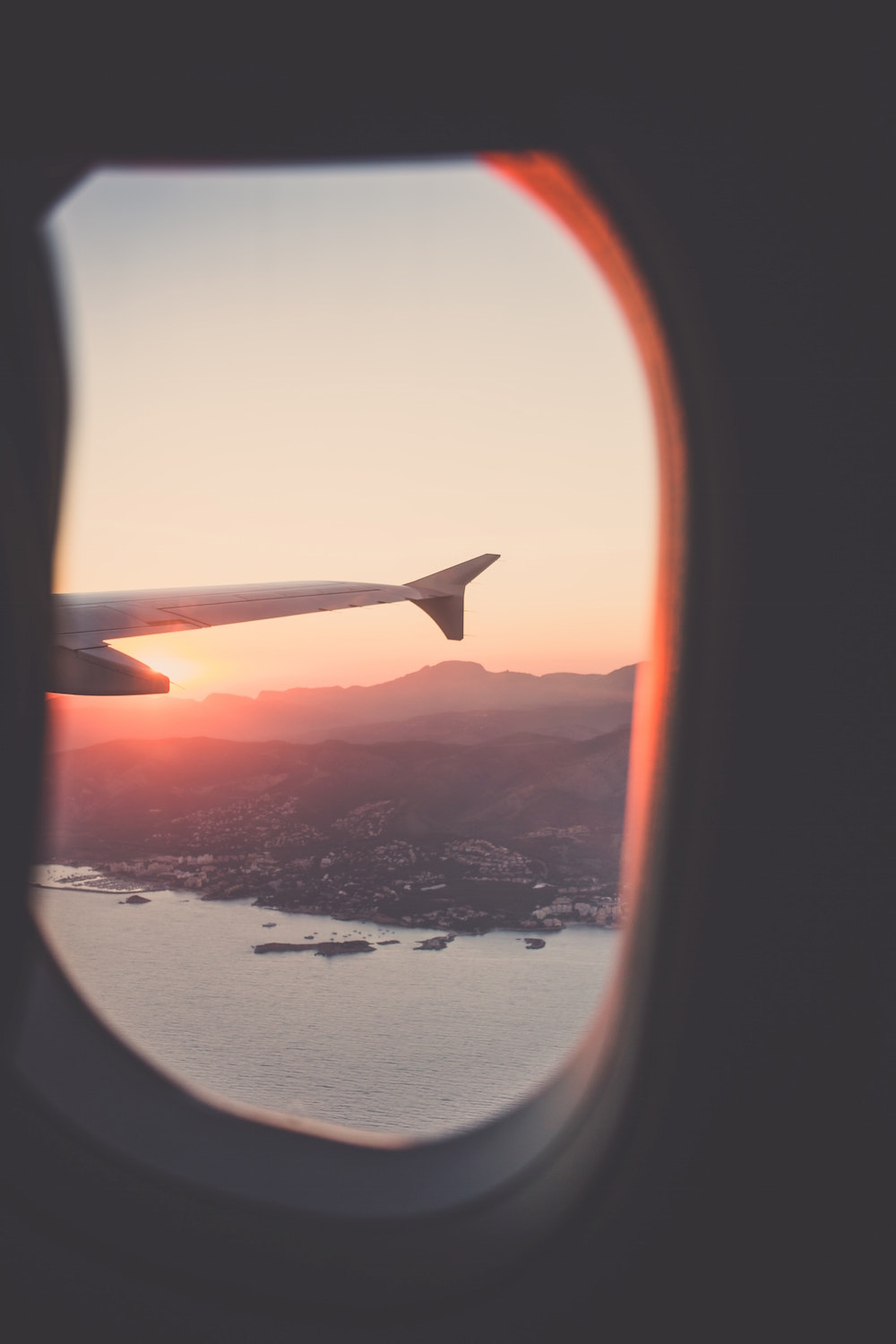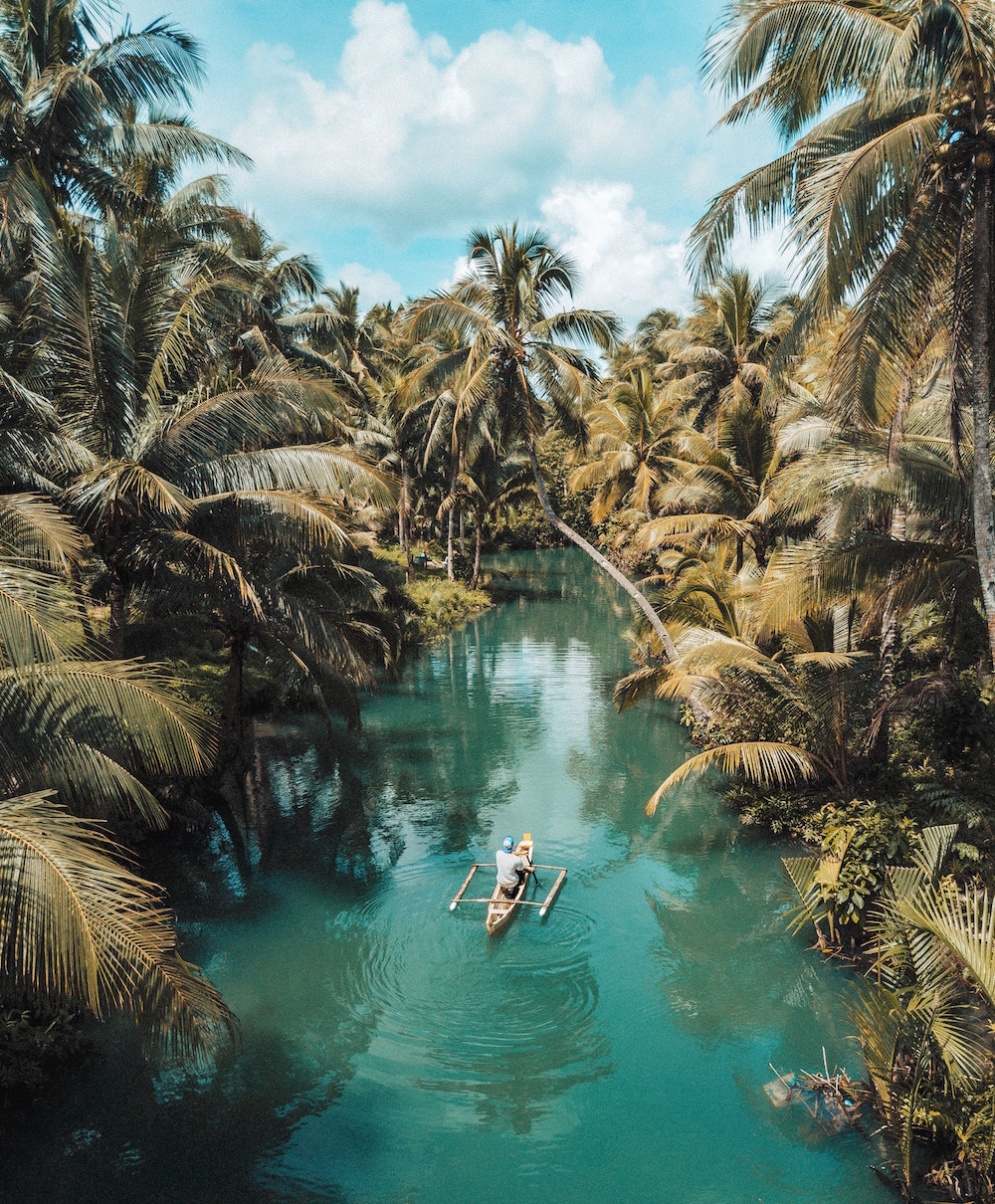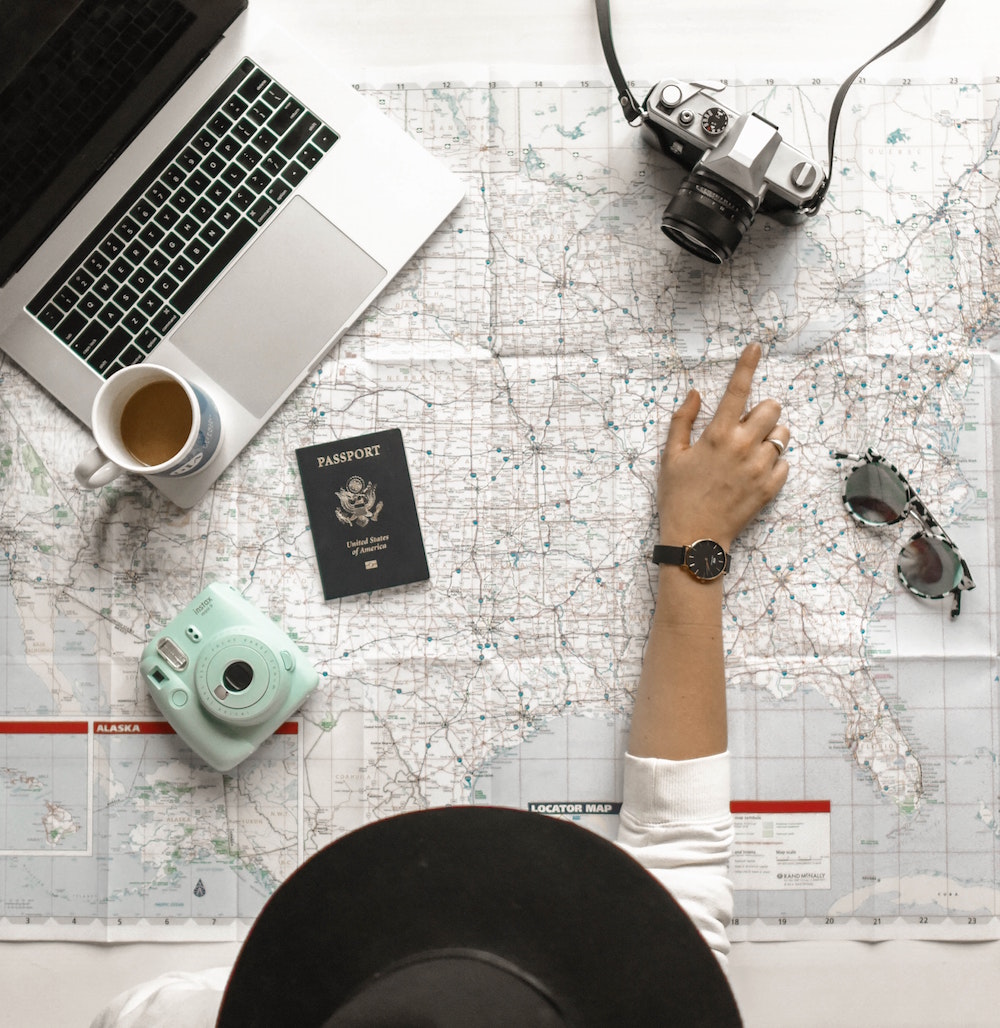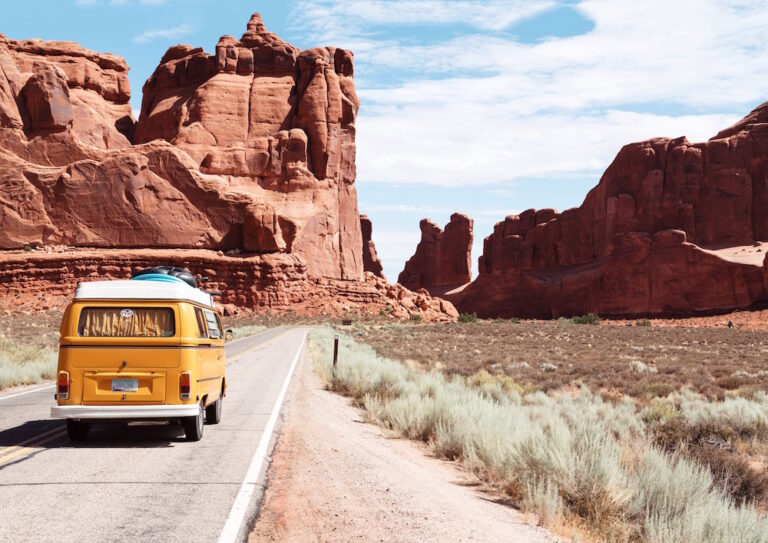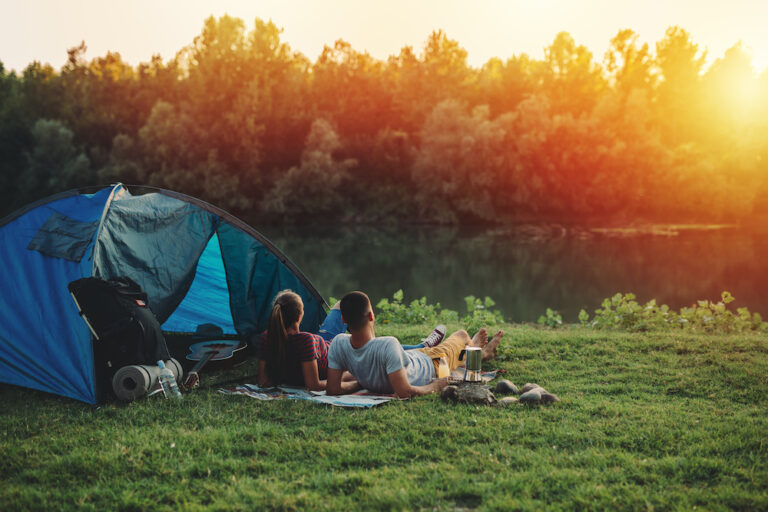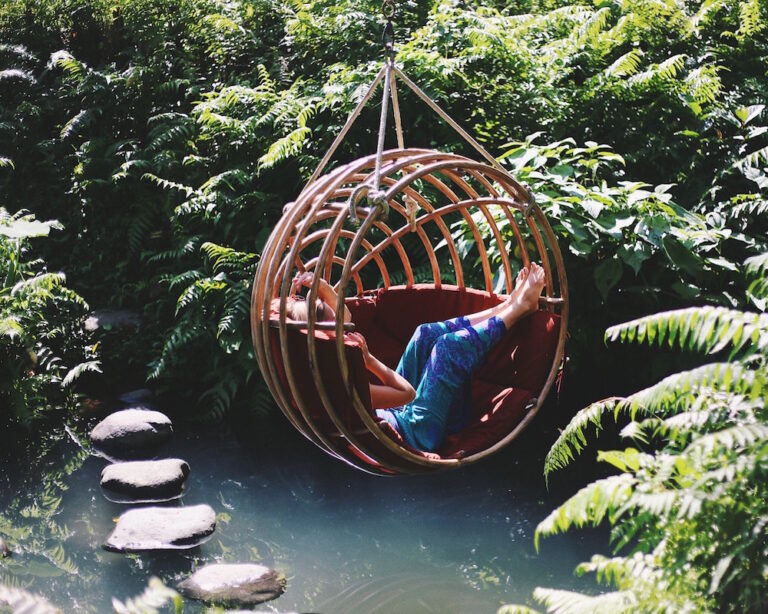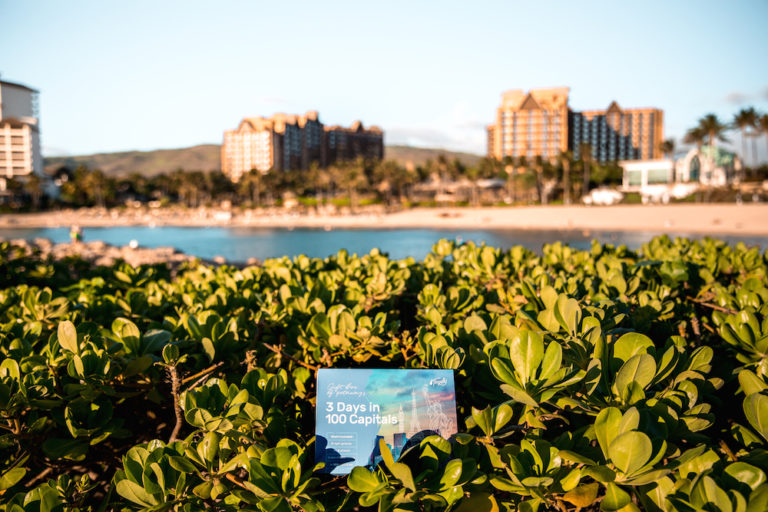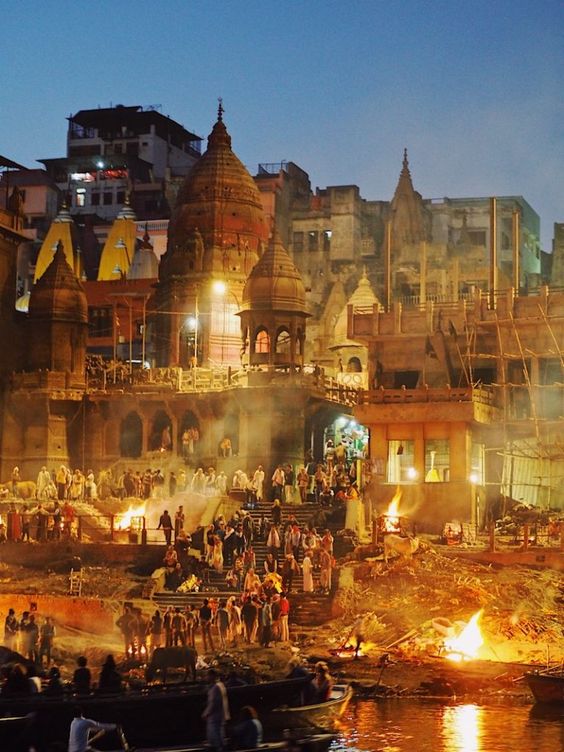How COVID Has Changed Travel Destinations
Before the trainwreck of a year that 2020 has turned out to be, we have become accustomed to traveling conveniences such as cheap flights, affordable excursions to faraway destinations, as well as hotels and resorts always being open and ready to take us in at a moment’s notice.
However, with the devastating breakout of the COVID 19 pandemic, the travel industry has changed beyond recognition. For the first few months of lockdown, people were afraid that international flying might never come back, but those worries have thankfully turned out to have been premature.
Air travel has returned, albeit in a much different format — new regulations have been imposed, such as practicing social distancing by keeping middle seats in planes empty or checking travelers’ temperature upon arrival at the airport. Experienced tour providers from Kandoo Adventures claim that business will eventually go back to normal. Still, it will take a lot of time and effort to reorganize and accommodate all of the various travel restrictions.
Many countries have already lightened their travel regulations a couple of months ago and can provide a glimpse into how travel destinations and practices have changed in response to the coronavirus pandemic.
Local Wonders
Perhaps the most positive change that came from the COVID 19 outbreak is that many people have turned to vacation spots within their own countries and provinces. This can help revitalize the tourism and restaurant industries in places that haven’t been doing so well even before the pandemic.
In these uncertain times, domestic travel can provide solace for travelers. A getaway to an undiscovered area in your vicinity will not only save you lots of time and money but can also lead you to discover spots that you’ll gladly return to in the years to come.
Planning Difficulties
Even though most places hit hard by the coronavirus seem to be recovering quite well, it isn’t bound to be the case in the upcoming weeks and months. A spike in the number of cases can occur almost instantaneously. All it takes is a few sick people and a populated space that will work to the virus’s advantage, such as a school or concert venue (yes, concerts have happened after the lockdown ended in some places), and a new hotspot gets established.
This is particularly disruptive to travel plans — after all, you can’t predict an increase in cases like you could do with the weather or other factors. If your destination turns out to have a sudden increase in COVID cases and gets put into lockdown, you may face the complete cancellation of your flight and hotel reservation. Oftentimes, these aren’t refunded as airlines, and hotel chains are desperate to cling onto any amount of profit they can make in these uncertain times.
Another nightmare scenario you might be facing is getting stuck in your holiday destination while an outbreak happens. The town you’re staying in might turn into a “red zone,” potentially barring you from returning home for an indefinite period of time. This might be a nice extension of your holiday if you can afford it, but if you’re on a budget, it can turn into a nerve-racking fight for survival.
Finally, travel insurance costs have risen and are expected to continue to rise even after the pandemic has run its course. The risk is just too high right now, and many insurance agencies claim that they need to charge more for their services in order to be able to cover the treatment of people who return from vacation with severe symptoms of COVID 19.
Quarantines
Back in the good old pre-COVID days, you used to be able to travel across the globe with a few day’s stay on each continent in 14 days. Nowadays, you might have to book that period up for voluntary quarantine, should you choose to travel around the world. These restrictions depend on where you’re going, of course, but many governments have imposed a 10 or 14-day isolation period for travelers coming into their countries. You need to take that into account when planning your trip, as there is nothing worse than being subjected to a surprise staycation in a foreign land, especially if you have to get back to work on a specific day.
The Bottom Line
Although traveling in the times of this crippling epidemic has become much more complicated and inconvenient, it’s not enough to deter adventurers from embarking on their journeys. As long as you plan ahead and factor in all of the possible changes, such as mandatory isolation or flight cancellations and delays, you should be in the clear to travel wherever it is possible.
However, you should remember that even though airports are up and running again and businesses return to work, we are still combating a novel disease with the potential to be deadly. During your travels, do not disregard social distancing rules and always wear a mask at places like stores, museums, or art galleries. We’ve had to go through a lot in order to make faraway vacations possible again. It takes a lot less work to lose all that progress in the blink of an eye.
Maciej Grzymkowski – an avid traveler with a particular affinity for Southeast Asia. My love for traveling is only matched by my love for food – I’m a lifelong student of Chinese cuisine and language.

